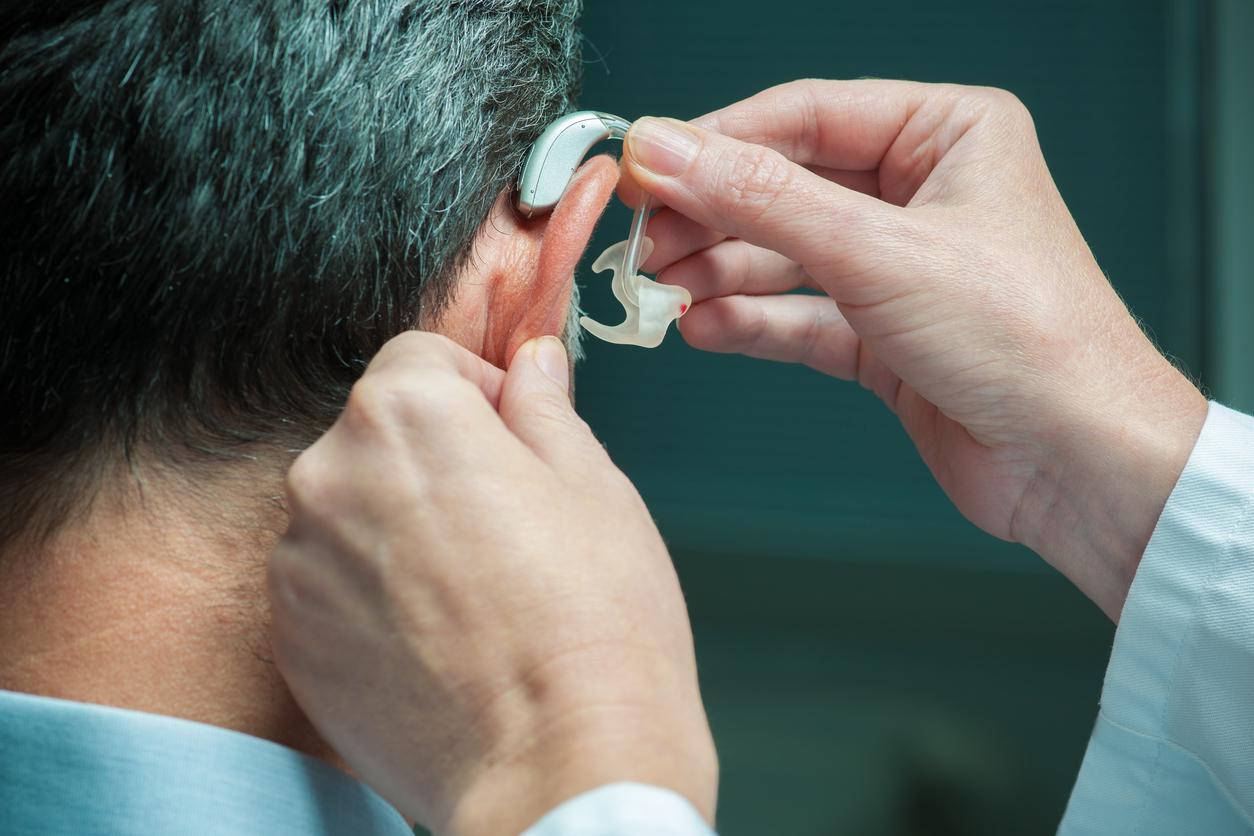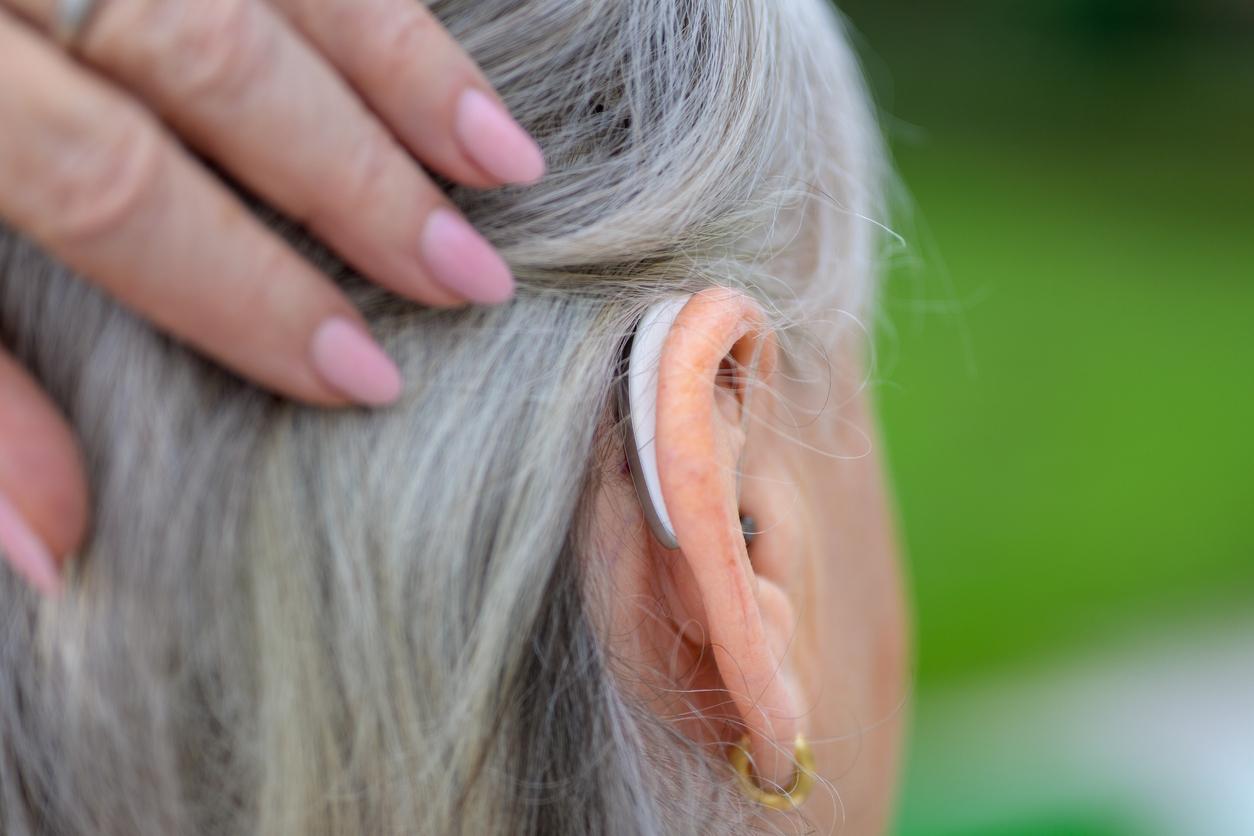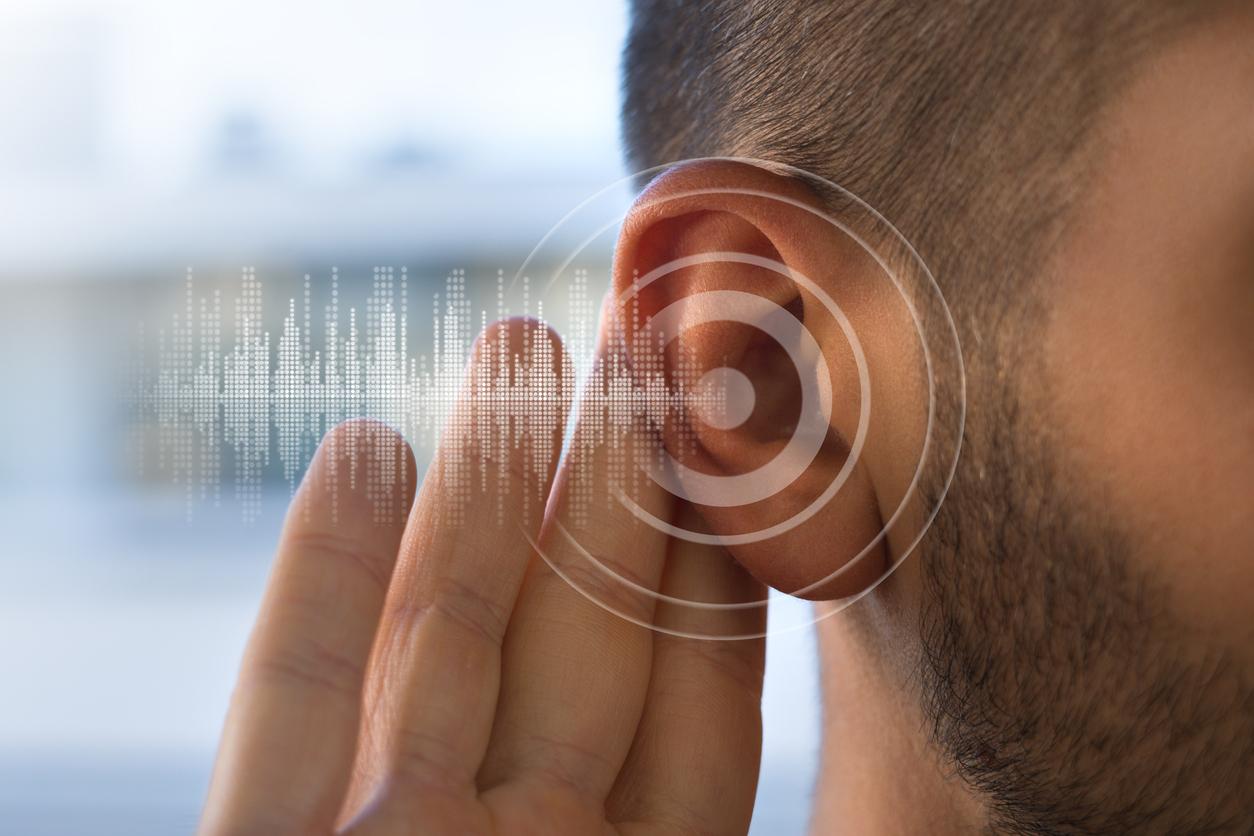Do you tend to turn up the sound on your television, to make your interlocutors repeat themselves, not to feel comfortable in a conversation with a lot of people? In short, you start to wonder if your hearing is not starting to deteriorate … No need to feel any sense of shame: 2/3 of people over 65 suffer from presbycusis. And this hearing impairment strikes even the youngest. Between 35 and 44 years, they are 18% to be affected. And above all, no need to wait for your hearing to seriously deteriorate to take the bull by the horns. Now, it remains to be seen who to consult to make the correct diagnosis.
When your eyesight started to decline, you bought presbyopic glasses from your pharmacist and were happy with them… Why not adopt the same strategy for your hearing problems? In other words, do I just have to go to my pharmacist, to an audioprosthetist or to an ENT?
The public health code is clear: the diagnosis of deafness involving tonal and vocal audiometry can only be carried out by doctors, “with the exclusion of measures carried out for the fitting of hearing impaired people”. However, the aging of the population has changed the situation by attracting new players to the hearing aid market.
As denounced the academy of medicine on March 12, “the major hearing aid and optical chains continue to broadcast on the airwaves or in the pages of major dailies, advertising spots offering a free hearing assessment. “The quality of these tests is not in question but for the Academy, there is” a risk of demedicalization of hearing impairment. “
Listen to Prof. Patrice Tran Ba Huy, ENT and member of the Academy of Medicine: “It is not enough to detect a symptom, a doctor must do an examination to find the cause of the hearing loss.”
Going to consult an ENT directly or after having passed tests with an audioprosthetist is therefore the necessary course to be able to be fitted. This obligatory visit to the doctor can be bypassed if we equip ourselves with a “listening assistant”. These sound amplifiers are not considered prostheses and do not require a medical prescription. Their cost is obviously very attractive. It takes 300 euros against 1500 euros for a prosthesis, reimbursed at most 120 € by Social Security and 300 to 500 € by complementary .. But, as has just recalled the National Agency for the Safety of Medicines and Medicines. health (ANSM), “the correction of a hearing loss is a medical goal”. A premise that hearing aid professionals do not dispute. For the union of hearing care professionals, “Using a listening assistant without going to see a health professional delays the detection of a possible pathology”. And just like the Academy of Medicine, Unsaf is worried about the “commodification” of its sector of activity. For Luis Godinho, the president of the union, “there are obviously two schools: those who are first and foremost health professionals, and those who are only traders”.
Listen to Luis Godinho, president of the national union of hearing aid acousticians: “The solution is not to provide a device at a discount price. Paramedical support is essential “.
Without a professional order, hearing aid acousticians cannot police their ranks, and sort out real health professionals and die-hard traders. So it’s up to patients to sort the wheat from the chaff. Your doctor may be able to guide you, but it is advisable to consult several hearing aid professionals before deciding. This is the only way to realize the quality of the advice given and therefore the support it can offer you afterwards. Indispensable qualities for providing after-sales service. Unlike glasses, hearing aids do not come on in the blink of an eye. For a first fitting, it takes one to three months of adaptation.
.
















